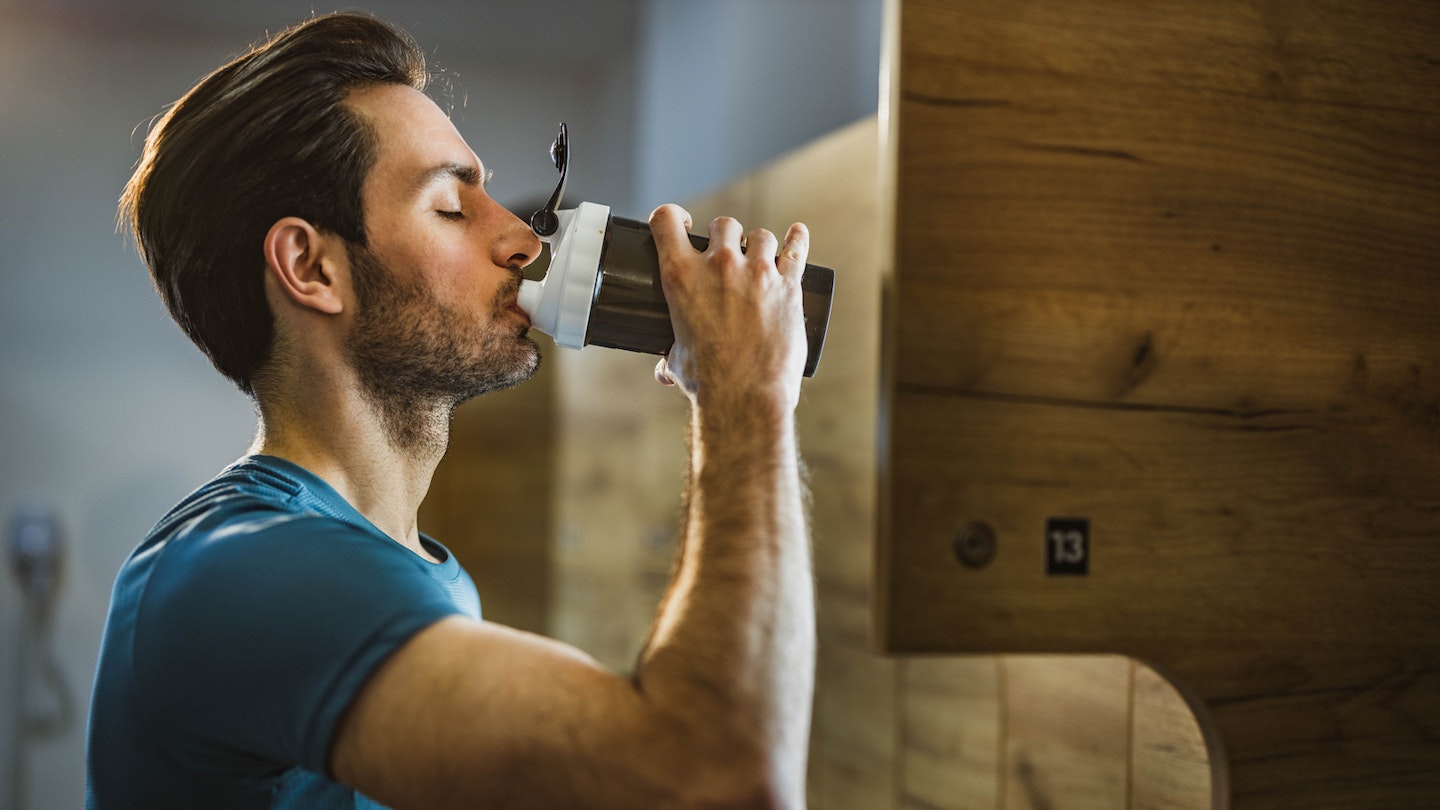Pre-workout supplements have become increasingly popular in fitness and exercise, especially over the past five years. These supplements promise to enhance your performance, increase energy levels, and improve overall workout results.
However, with a surplus of pre-workout supplements on the market, many wonder if they are worth the investment. In this article, we explore pre-workouts and compare their effectiveness with food. Additionally, we uncover the optimal method for warming up and maximising the effectiveness of your main workout. Let's delve into this topic together.
Pre-workout supplements versus whole foods

The argument for taking pre-workout supplements:
Pre-workout supplements are known for their convenience. They come in a convenient powder or pill form, making them easy to consume before hitting the gym. On the other hand, preparing and consuming whole foods can be time-consuming and impractical for individuals with busy schedules.
Supplements are formulated to provide an immediate energy boost, often through ingredients like caffeine, beta-alanine and creatine. While some whole foods can also provide energy, they may not do so as rapidly or efficiently.
Pre-workouts often contain ingredients like nitric oxide boosters that can promote a better 'muscle pump' during workouts. While some whole foods contain nitrate-rich vegetables like spinach and beets, they may not offer the same immediate effects.
Many pre-workout supplements also include nootropics or cognitive enhancers to improve focus and mental clarity during exercise. Foods, while providing essential nutrients, may not have the same targeted impact on mental acuity.
The argument for choosing whole foods:
Whole foods are rich in essential vitamins, minerals, and antioxidants. They offer a wide range of health benefits beyond exercise performance. This contrasts with pre-workout supplements, which focus on specific performance-enhancing ingredients and may lack the diverse micronutrients you will find in whole foods.
Whole foods are generally easier to digest and can provide a sustained release of energy due to their complex composition. Pre-workout supplements, especially those high in caffeine, may cause digestive discomfort in some individuals.
Consuming whole foods supports exercise performance and contributes to overall health. A balanced diet can prevent nutritional deficiencies and reduce the risk of chronic diseases, whereas supplements should be used with a healthy diet.
Finally, whole foods, especially locally and sustainably sourced, have a lower environmental impact than supplements' production and packaging.
Financial costs:
Whole foods can be cost-effective when chosen wisely. Buying seasonal, locally sourced produce and lean proteins can be affordable. Pre-workout supplements can be relatively expensive, especially if you opt for high-end brands or specialised formulations.
Pre-workout supplements often come in predetermined serving sizes, making it easier to control costs. With whole foods, portions can vary, potentially leading to greater expenses if not managed carefully.
Performance:
Food can be tailored to individual dietary preferences and restrictions, making it a versatile choice for various diets. Pre-workout supplements may not be suitable for everyone, especially those with sensitivities or allergies to specific ingredients.
Pre-workout nutrition:
For those striving for maximal muscle hypertrophy, pre-workout nutrition begins before you enter the gym. Hypertrophy workouts rely heavily on glycogen for fuel, so ensuring your glycogen stores are fully stocked is crucial. However, this doesn't mean indulging in excessive carb consumption without consideration. To determine your ideal carbohydrate intake, consider your body weight, body fat percentage, training frequency and the number of working sets per session.
Pre-workout supplements:
Pre-workout supplements are not a magic solution for motivation. They won't replace your commitment and effort. Instead, select supplements based on your training goals and how they synergise with your objectives.
For fat loss, consider supplements like caffeine and green tea extract, which can increase fat oxidation and metabolic rate. Strength-focused individuals can benefit from accessories like Alpha GPC, creatine, branched-chain amino acids (BCAA), essential amino acids, beta-alanine, and carbohydrate powders, depending on their goals and needs.
Optimising your performance for the main workout

General warm-Up:
The general warm-up is crucial in increasing body temperature, blood flow and joint lubrication with synovial fluid. This reduces the risk of injury and improves overall performance. It doesn't have to be complex; a few minutes of light walking or biking can suffice. However, incorporating bodyweight and light resistance exercises can enhance mobility.
Nervous system activation:
Following the general warm-up, prime your nervous system to enhance the recruitment of high-threshold motor units, crucial for strength, power and muscle development. You can achieve this through high-velocity exercises like jumps or throws and unstable movements like press-ups with hands on a Swiss ball or wobble board split squats.
Specific warm-Up:
The specific warm-up prepares you for your main exercises. Ensure your technique, tempo (speed of how fast you perform the rep) and rest intervals match those in your working sets. The heavier your work sets are relative to your one-rep max, the more warm-up sets you'll need. Reduce the reps as you approach your working weight to avoid fatigue.
Final thoughts
Investing in pre-workout supplements or relying on whole foods ultimately depends on your individual goals, lifestyle, and preferences. While pre-workout supplements can offer a quick energy boost and specific performance enhancements, whole foods provide a broader spectrum of nutrients that promote overall health and sustainable energy.
Incorporating both approaches into your fitness routine can be beneficial.
Consider using pre-workout supplements when you need an extra push for intense workouts or on busy days. Meanwhile, prioritise a balanced diet rich in whole foods to support your long-term health and exercise performance. Balancing convenience with nutritional value is critical to achieving the best results in your fitness journey.
Ultimately, choosing foods and supplements should align with your personal fitness goals and dietary preferences.
Simon Diamond is a contributor to What’s The Best with over a decade of expertise in fitness, nutrition and wellbeing. A former bodybuilder and fitness model winner, Simon holds multiple World Records for muscular endurance and strength titles.
Subscribe to the What’s The Best Newsletter to keep up to date with more of the latest reviews and recommendations from the rest of the What’s The Best team.
